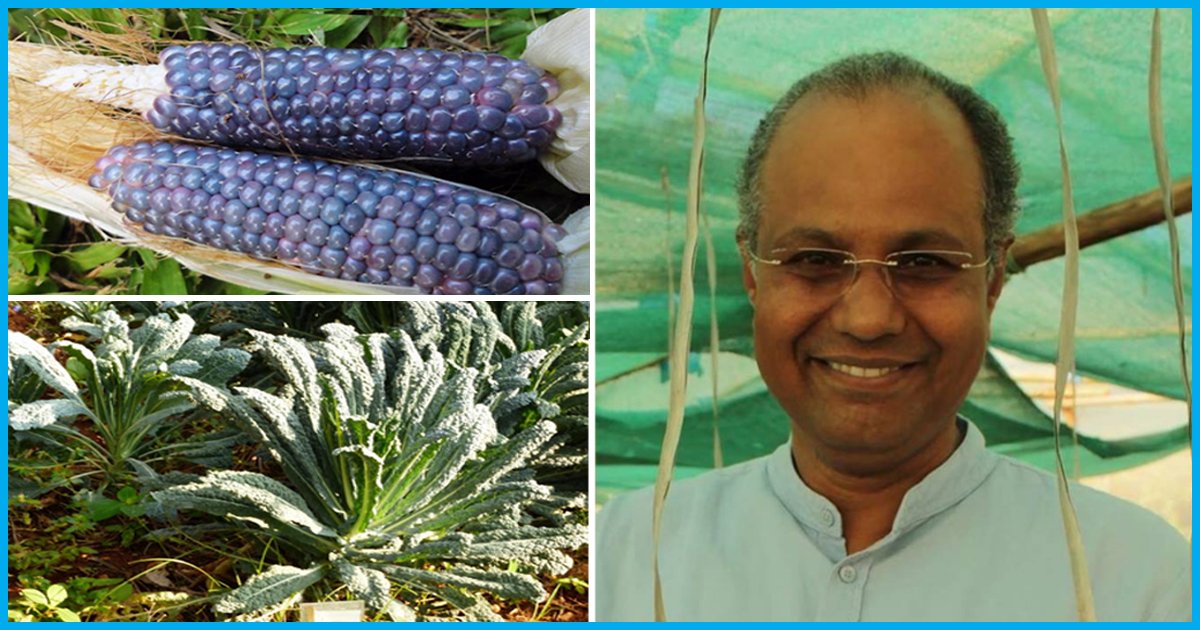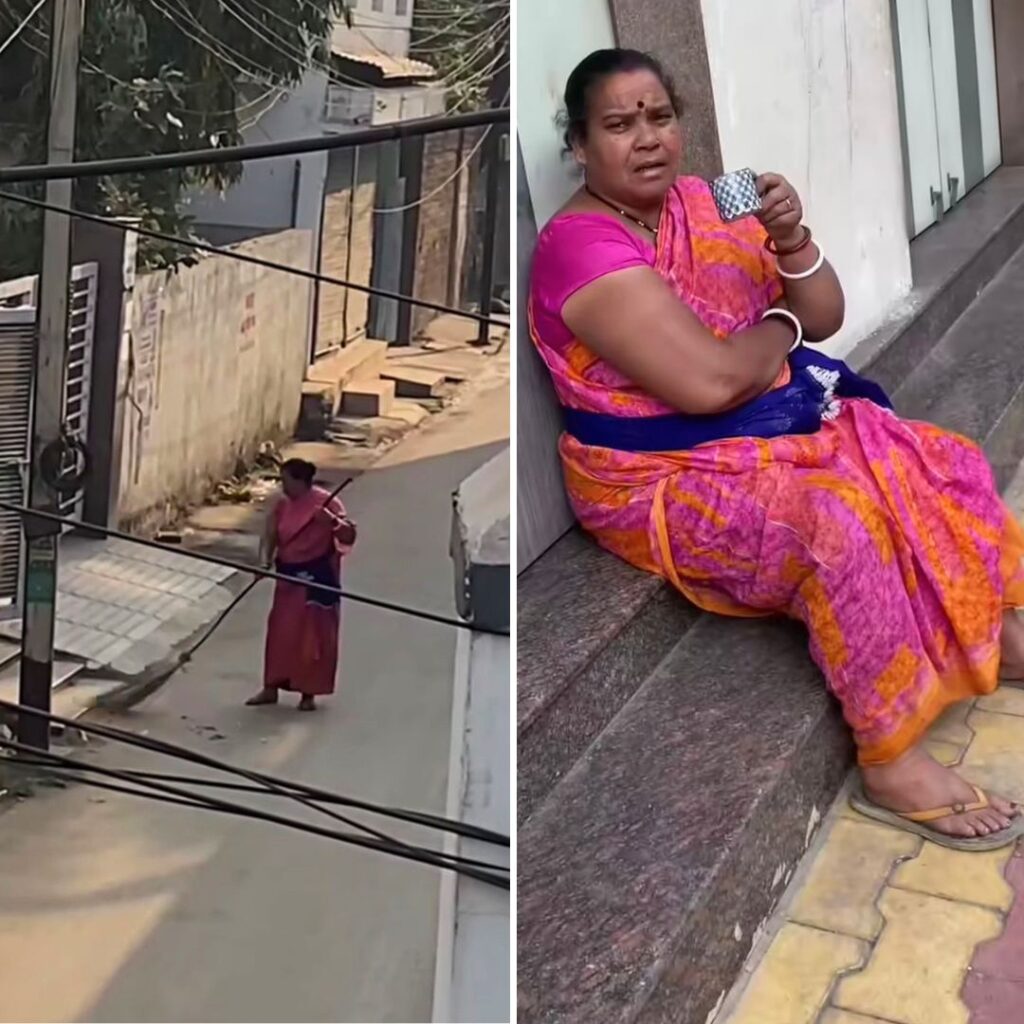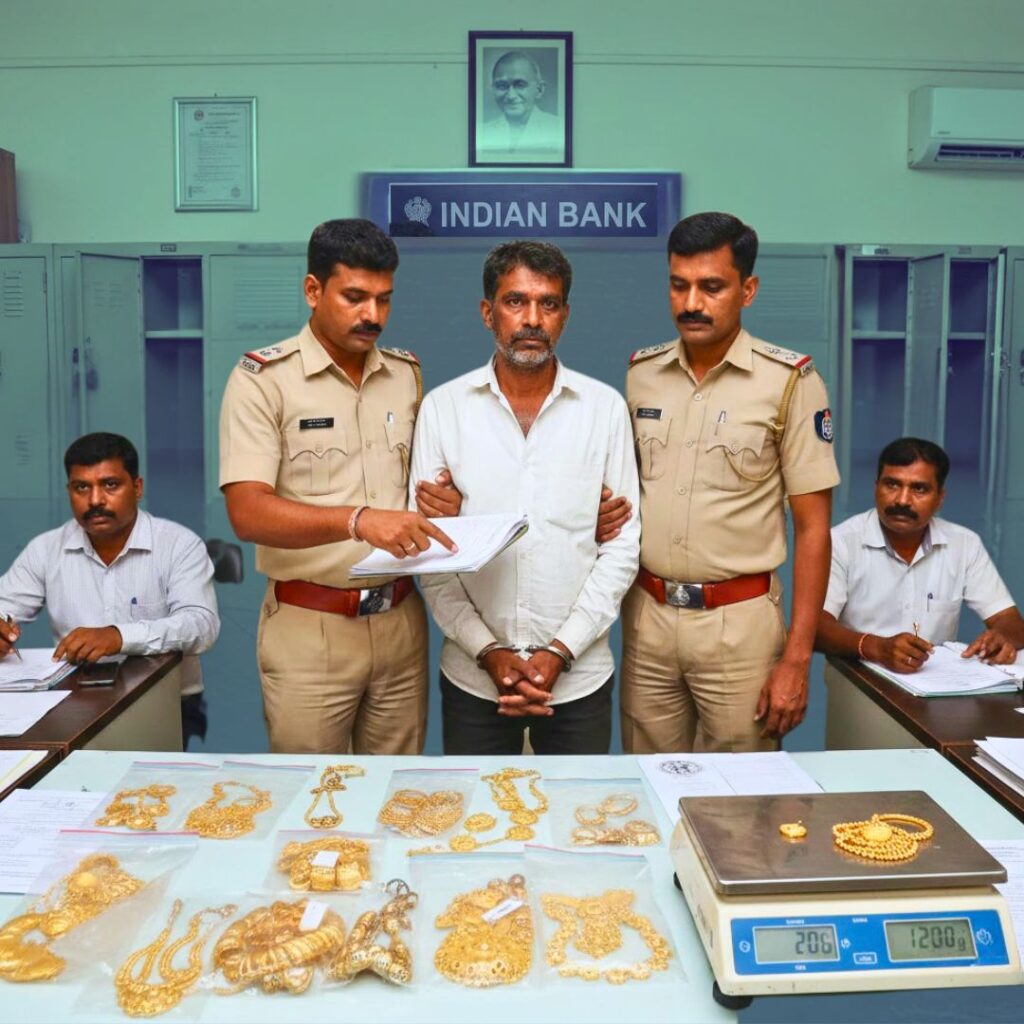We do not waste a single moment to bask in the glory of ‘progress’ and ‘development’, be it in any sector. Little do we think about whose ‘progress’ we are talking about and what is the kind of ‘development’ that we have achieved in these many years, and if the development has left behind many of our fellow-citizens.
One wonders if this is the right time to redefine the notions of development and progress and think about the consequences of our actions that have caused considerable problems when compared to the benefits that have been brought about in the society.
The Logical Indian had the opportunity to talk to Dr Prabhakar Rao, someone who has dedicated his entire life to saving planet Earth by growing endangered species of vegetables and promoting organic and chemical-free farming. In an exclusive interview, he has taken us through his journey and his endeavour, Hariyalee Seeds.
From an architect of buildings to an architect of a ‘greener’ future
On being asked the reason for taking up this noble task, Dr Rao passionately and determinedly said, “The driving force behind my taking up this project is the little awareness about the hundreds of indigenous varieties of vegetables that are going extinct every year for the past 10-15 years. Hardly anyone, including the media, has highlighted this issue.”
He rightly pointed out, “If there is an animal on the verge of extinction, people are aware of it from various sectors, but the case is not the same when it comes to vegetables. This has always perturbed me, and I have always wanted to do something about it even if it is a small drop in the ocean.”
60-year-old Rao has done his PhD in Genetics and Plant Breeding with specialisation in seed production. However, he studied architecture subsequently and practised as an architect abroad, till he returned to India in 2011.
His interest in agriculture inculcated later on, in a life-changing moment. “I am very close to Sri Sri Ravi Shankar’s Art of Living, and he asked me to be a trustee of the Agricultural Trust of Art of Living. I thought it was a fantastic opportunity for me to rejuvenate my knowledge and interest in agriculture,” said he.
Dr Rao has a farm very nearby to his place of residence, and it was there that he started practising sustainable Vedic methods of farming which involved no use of chemicals. He said, “I can vouch for the effectiveness of Vedic methods of farming because I have used them on my farm. I am entirely sure of the benefits farmers can reap by making use of these methods.”
The impact of Rao’s endeavours
Dr Prabhakar Rao’s passion and unflinching support for chemical-free, organic agriculture took shape in the formation of Hariyalee Seeds. It is a family run farm which curates species of endangered and heirloom seeds from all over the world. It strives at keeping varieties of exotic species of plants alive for the future generations to enjoy.
Rao’s farm is home to a variety of exotic vegetables like that of the blue groundnuts, purple, white and pink ladies’ finger, cinnamon-flavoured Tulsi, etc. All of these are native varieties of crops that are no longer found in India. Rao has preserved these varieties through what he calls ‘prakritik farming’ or ‘natural farming’.
“I conduct a three-day course about sustainable farming techniques by travelling to the villages of the farmers. I have travelled to places like Chattisgarh, Odisha, coastal Karnataka, Rajasthan, Madhya Pradesh trying to impart whatever knowledge I have about natural farming,” Rao said.
On being asked if the farmers are receptive about these sustainable techniques of farming, Rao enthusiastically says that the acceptance level among them is high. He then goes on to explaining why, “It is important to understand that the farmers who seek our help are those who have faced the wrath of Green Revolution, HYV seeds and are disillusioned by chemical fertilisers. Their lands have become ‘banjar’ (infertile), and all they want is to be able to grow crops on it once again. They want an alternative way out, and Vedic agricultural systems are the way out.”
The cost-effectiveness and the sustainability of these techniques are the main reasons farmers are opting for such alternatives, Rao believes.
“The farmers are encouraged to make their seeds, and they go to the market only to sell their produce, never to buy anything,” Rao said.
Rao’s concern and passion for his cause were evident when he said, “I have collected some indigenous varieties from across the world, and right now I am still in the process of multiplying them and ensuring that at least someone is growing them somewhere, keeping them alive.”
“The best part of this initiative,” Rao added, “is the fact that one does not need to buy seeds in bulk in the first go, one can buy seeds from me in small quantities and later use those seeds to make thousands of their own.”
Right now, Rao is mostly focussing on the urban garden enthusias…











